Introduction
Hemp has been gaining popularity in recent years due to its various uses and benefits. From textiles to food products, hemp has a wide range of applications that make it a versatile crop. In this article, we will explore the economic impact of growing hemp, the opportunities it presents, and the challenges that farmers may face.
Opportunities
One of the major opportunities that growing hemp presents is the potential for farmers to diversify their crop rotation. Hemp is a hardy plant that can thrive in a variety of climates and soil types, making it a valuable addition to any farming operation. Additionally, the demand for hemp products is on the rise, creating a profitable market for farmers who choose to grow this crop.
Textiles
Hemp fibers are known for their strength and durability, making them ideal for use in the textile industry. With the growing interest in sustainable fashion, hemp fabrics are becoming increasingly popular among consumers. By growing hemp for textile production, farmers can tap into this lucrative market and contribute to a more sustainable industry.
Food Products
Hemp seeds are rich in protein, omega-3 fatty acids, and other nutrients, making them a popular choice for health-conscious consumers. Hemp seed oil is also used in a variety of food products, such as salad dressings and cooking oils. By growing hemp for food production, farmers can capitalize on the growing demand for healthy and sustainable food options.
Challenges
Despite the opportunities that growing hemp presents, farmers may face certain challenges when cultivating this crop. One of the main challenges is the regulatory environment surrounding hemp cultivation. In some regions, hemp cultivation is still subject to strict regulations and licensing requirements, which can make it difficult for farmers to enter the market.
Market Competition
As the popularity of hemp products continues to grow, competition among farmers and manufacturers is also increasing. In order to remain competitive, farmers must find ways to differentiate their products and attract consumers. This may require investing in marketing and branding efforts to establish a strong presence in the market.
Variable Yields
Another challenge that farmers may face when growing hemp is the variability of yields. Factors such as weather conditions, pests, and soil quality can all impact the success of a hemp crop. To mitigate these risks, farmers must carefully monitor their crops and implement effective pest and disease management strategies.
Conclusion
In conclusion, growing hemp presents both opportunities and challenges for farmers looking to diversify their crop rotation and tap into the growing market for hemp products. By carefully considering the economic impact of growing hemp and addressing potential challenges, farmers can position themselves for success in this rapidly expanding industry.
FAQs
Q: Is it profitable to grow hemp?
A: While the profitability of growing hemp can vary depending on market conditions and other factors, many farmers have found success in cultivating this crop. By focusing on high-demand products such as textiles and food products, farmers can capitalize on the economic opportunities that hemp cultivation presents.
Q: What are the main challenges of growing hemp?
A: Some of the main challenges of growing hemp include regulatory obstacles, market competition, and variable yields. Farmers must navigate these challenges by staying informed about regulations, differentiating their products, and implementing effective growing practices.

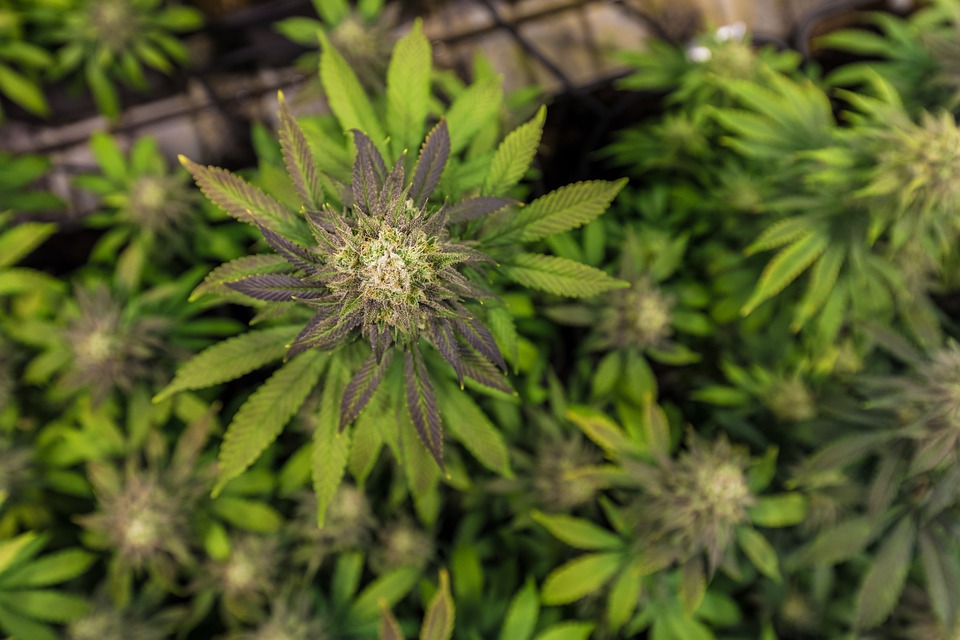
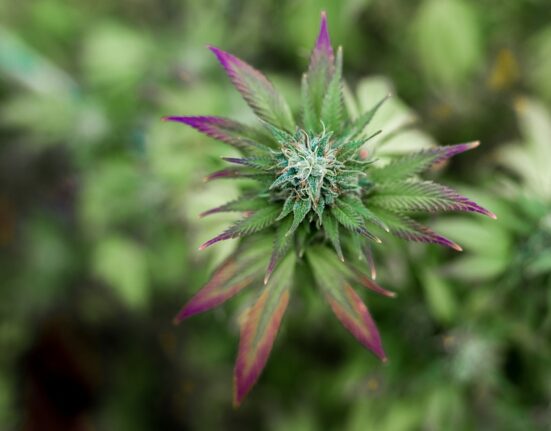

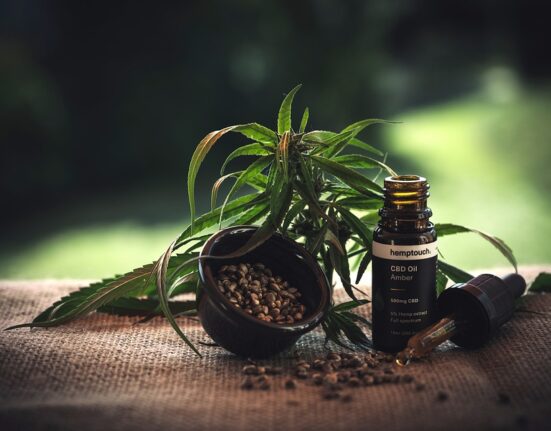
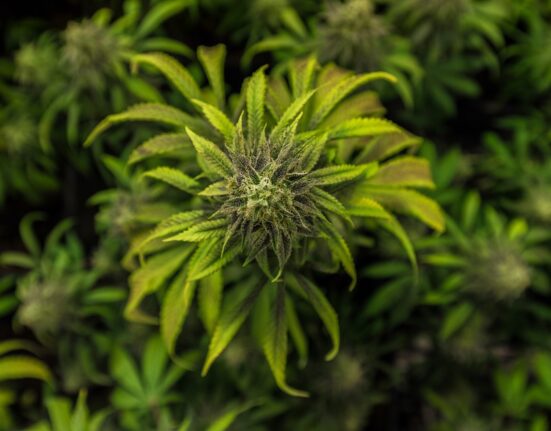
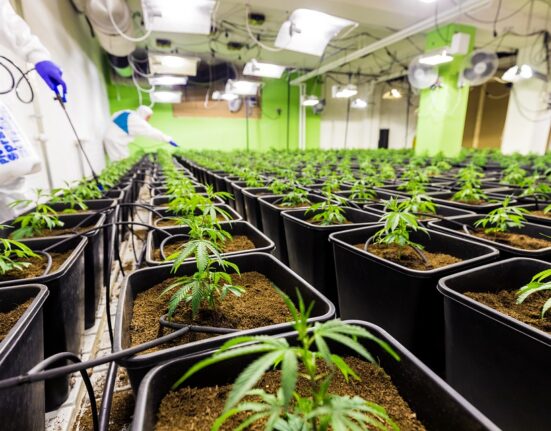
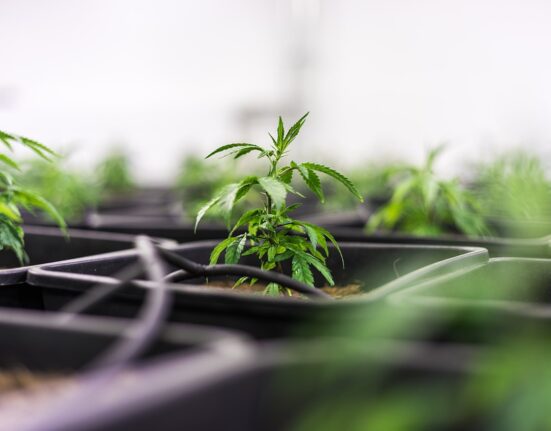
Leave feedback about this